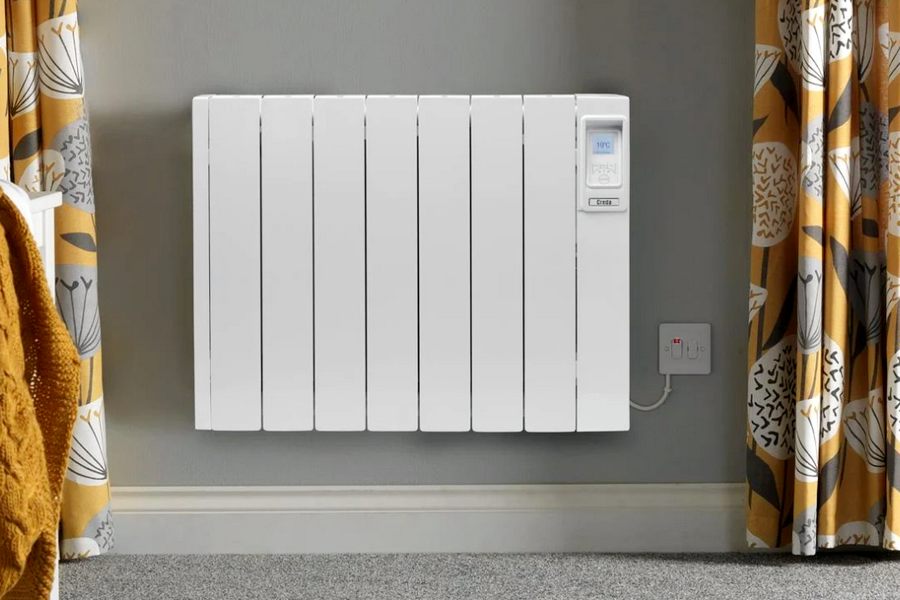When it comes to buying a heater, there are several different types to choose from. If you are heating a small space, you might consider buying a space heater. This type of heater uses 240-volt circuits that carry live current. If you’re looking for a large-scale, powerful heater, you should choose an electric panel heater. Electric space heaters are also great options for a small room. They’re ideal for homes that don’t have enough space for an entire wall-mounted heater. Continue reading as we discuss the pros and cons including details of the heater electric price.
240-Volt Circuits Carry Live Current
240-volt circuits carry live current from the power source to appliances such as heaters. Both black and white wires are used to carry electric current, and they should be insulated. The circuit ground wire should be connected to the green ground screw on the water heater, and the other wires should be attached to 230-volt receptacles. For heaters with 240-volt circuits, the ground wire should connect to the water heater’s ground lead or ground screw.
Ceramic Heaters
When using ceramic heaters for elderly or ill people, it is important to avoid leaving them unattended. These heaters should always be switched off if you are not at home or asleep. It is also important to avoid using them in rooms where there is water or other flammable materials. You should also be sure to place them on a nonflammable surface, such as ceramic tile, to prevent them from catching fire. Ceramic heaters are not meant to be used in rooms with high electric currents and should not be connected to power strips or extension cords. Those cords are often not of high quality and can quickly catch fire.
Electric Panel Heaters
The sleek design of an electric panel heater makes them an excellent choice for modern interiors. They’re small, with depths as low as 5.5cm. And they can easily be converted into portable electric heaters with the addition of a leg bracket. Electric panel heaters can help you save on space, too. But there are some limitations. Read on to learn more. Here are the pros and cons of electric panel heaters.
Electrode Heaters
Electrode heaters are highly efficient heating devices. The technology behind electrode heaters has advanced to such a degree that they consume 40% less electricity than similar electrical appliances. They also require special water treatment and can only function properly with antifreeze. However, these heaters can be expensive to install and operate, and they are best suited for use in public places or large houses away from cities. Read on to learn more about this heating device.
Wall-Mounting Heaters
If you live in an older home or have recently moved in, you should consider installing wall-mounting electric heaters. These heaters are a great way to heat up your home without taking up space on the floor. They are also compact and easy to install. If you are handy with tools, many wall-mounted electric heaters can be installed by yourself in just a few minutes. Regardless of your preference, you should be sure to follow the manufacturer’s instructions carefully when installing one of these heaters.
Electric Heat Pumps
Electric heaters and heat pumps both use electricity to warm your home. This technology was popularized during the 1970s energy crisis, which promoted the replacement of fossil fuels with electricity. The development of heat pumps was initially controversial, however, because they used nuclear power plants as their source of heat. Until the late 1980s, the environmental movement did not assess the environmental effects of heat pumps using nuclear power. In anticipation of a moratorium on nuclear power in the 1990s, environmentalists began disassociating heat pumps from nuclear power.
Visit our website and buy online today at the best price.

Cyclist, feminist, drummer, reclaimed wood collector and critical graphic designer. Making at the sweet spot between art and purpose to save the world from bad design. Nothing ventured, nothing gained.
